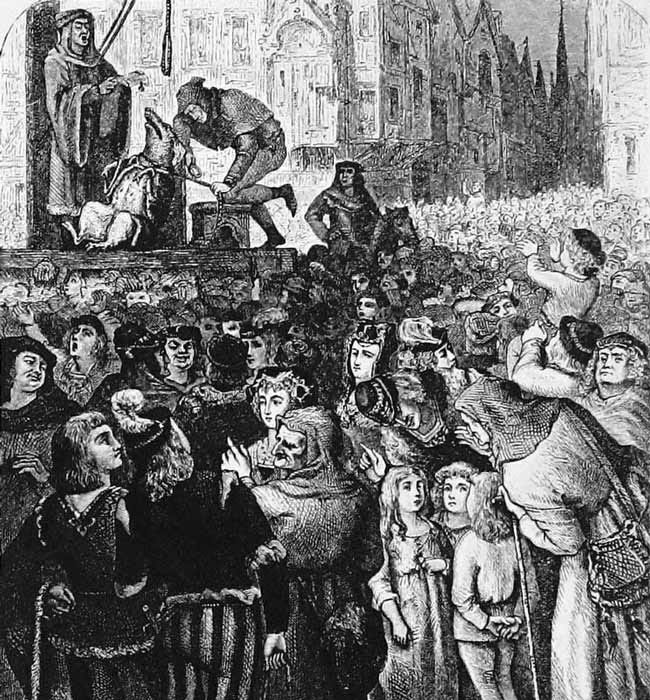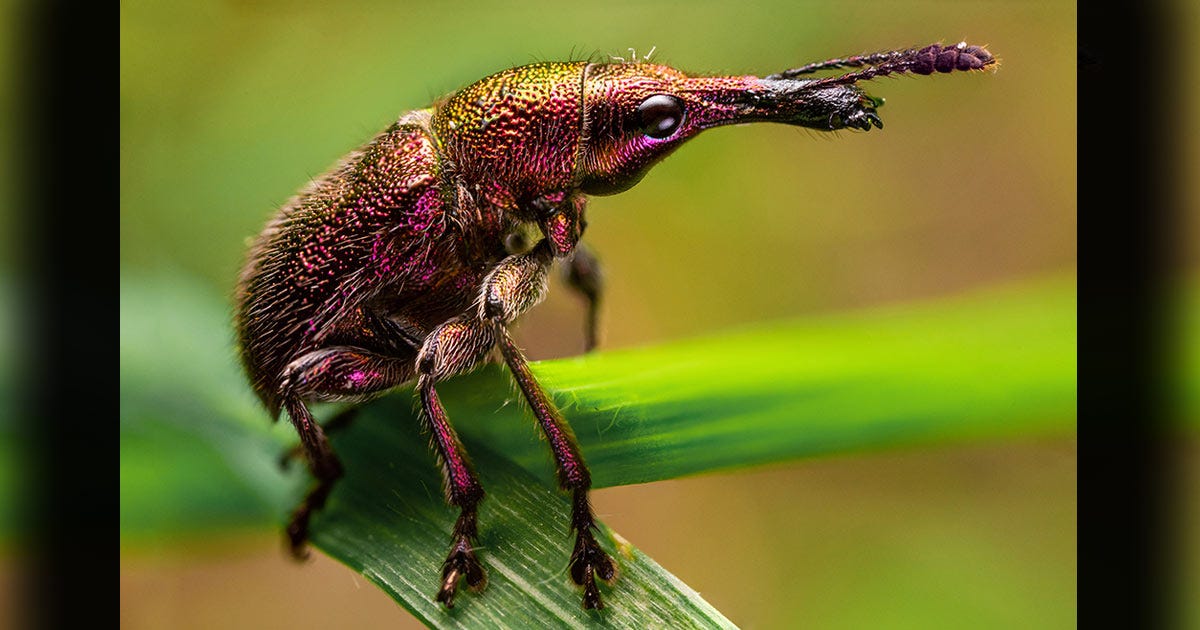The Trial of the Weevils
When French Winemakers Took Insects to Court
One surprising quirk about life in medieval times is that people could, and did, take animals and insects to court and try them as if they were humans. While there is scant verifiable evidence on the matter, Edmund P. Evans published an entire book devoted to animal trials entitled The Criminal Prosecution and Capital Punishment of Animals in 1906. In it he recounts about 200 stories of donkeys, pigs and roosters, often dressed as humans, being part of somber legal proceedings.
While you may think it’s a joke, there is even an account of a trial of weevils. While cases against identifiable larger animals were usually tried in secular courts, cases against smaller creatures, such as weevils, rats or locusts, were the purview of the church. All of these cases followed usual court proceedings, with evidence being presented on both sides, witnesses testifying and verdicts being reached. In the case of the weevils, the offending vermin was appointed a lawyer to act in their defense.
Taking Weevils to Court
The bizarre trial of weevils took place in the 16th century in southeastern France. The weevils in question were Rhynchites auratus , known as merciless orchard pests. The proceedings kicked off in 1545 after winemakers accused weevils of destroying the vineyards of St. Julien. The chair of the ecclesiastical court, a Francois Bonnivard, refused to punish the unwitting creatures and recommended the winemakers avoid divine wrath by repenting for their sins, attending three special masses and, of course, paying overdue tithes to the church, after which, the weevils seemingly left them in peace.

In 1587 the weevils seemingly returned. During eight months both parties battled it out, with the defense claiming that as God’s creatures they were allowed to consume “every green herb for meat.” The Mayor of St. Julien then proposed creating a form of weevil sanctuary, on condition they leave the vineyards - under threat of excommunication. Unfortunately, we’ll never know the outcome of these drawn-out proceedings, because the final page of the court records appears to have been eaten - by insects!
Why go through with such a farcical legal proceeding in the first place? It all hinges on blind faith. According to Nicholas Humphrey , “the true purpose of the trials was psychological,” to create order out of chaos during a pre-scientific time of darkness, imbuing the church with the power to resolve conflicts within the animal kingdom .
Top image: A Rhynchites auratus weevil. Source: Florian / Adobe Stock
By Cecilia Bogaard


Just have to make sure the judge isn't also an insect, or you'll definitely lose the case.
Me quedo encantada y agradecida por tener conocimiento de temas como esto debido a las
informaciones que ustedes buscan , pesquisan y informan ....